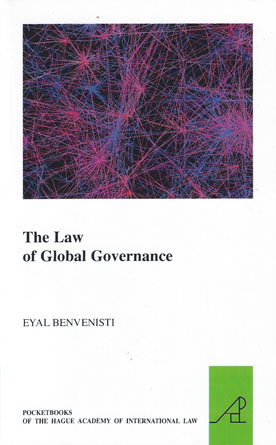We will be closed from 5pm Thursday 17th April for the Easter Bank Holidays, re-opening at 8.30am on Tuesday 22nd April. Any orders placed during this period will be processed when we re-open.

The book argues that the decision-making processes within international organizations and other global governance bodies ought to be subjected to procedural and substantive legal constraints that are associated domestically with the requirements of the rule of law. The book explains why law — international, regional, domestic, formal or soft — should restrain global actors in the same way that judicial oversight is applied to domestic administrative agencies. It outlines the emerging web of global norms designed to protect the rights and interests of all affected individuals, to enable public deliberation, and to promote the legitimacy of the global bodies. These norms are being shaped by a growing convergence of expectations of global institutions to ensure public participation and representation, impartiality and independence of decision-makers, and accountability of decisions. The book explores these mechanisms as well as the political and social forces that are shaping their development by analysing the emerging judicial practice concerning a variety of institutions, ranging from the UN Security Council and other formal organizations to informal and private standard-setting bodies.